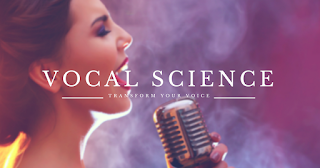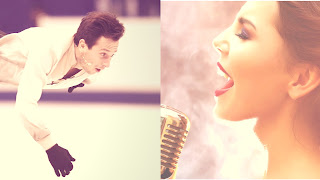“Speakaholics Anonymous”… What Do We Mean By That?

For many years, we have been attending to various people with speech problems, who were possessing some voice disorders like: Muscle Tension Dysphonia Spasmodic Dysphonia Polyps on the vocal cords Nodules on the vocal cords Cysts and lesions on the vocal cords Acid reflux & simply… strained vocal cords My answer to a question of "What do we mean by 'Speakaholics'?" would be to go ahead and beat all the bad vocal habits; and once it’s done, keep practicing (ongoing) the new adapted skills (instructed), the new adapted application of the speaking/singing voice, the new acquired diet/nutrition, newly acquired proper posture, and physical fitness in general. All of the above listed voice issues would cause the sufferer (to say the least) a hoarse and raspy voice, unclear enunciation and pronunciation and could even cause partial or total voice loss… Given all of the above described, these (listed above) and other voice problems suff...





